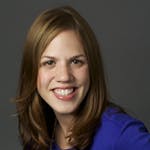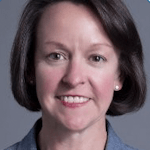The United Nations is home to more than diplomats; it’s a place for passionate advocates, doctors pushing new frontiers, and young people redefining leadership.
As part of our series highlighting heroes of the UN, or, as we say (s)heroes, we’re bringing you the stories of women at the UN who are creating change.
UN Secretary-General António Guterres has made gender equity – both within the UN and around the world – a key priority. Women now make up half of the UN’s senior leadership team and half of its Resident Coordinators. Throughout the organization, from field operations to headquarters, women are leading the way in solving problems. Here are their stories.
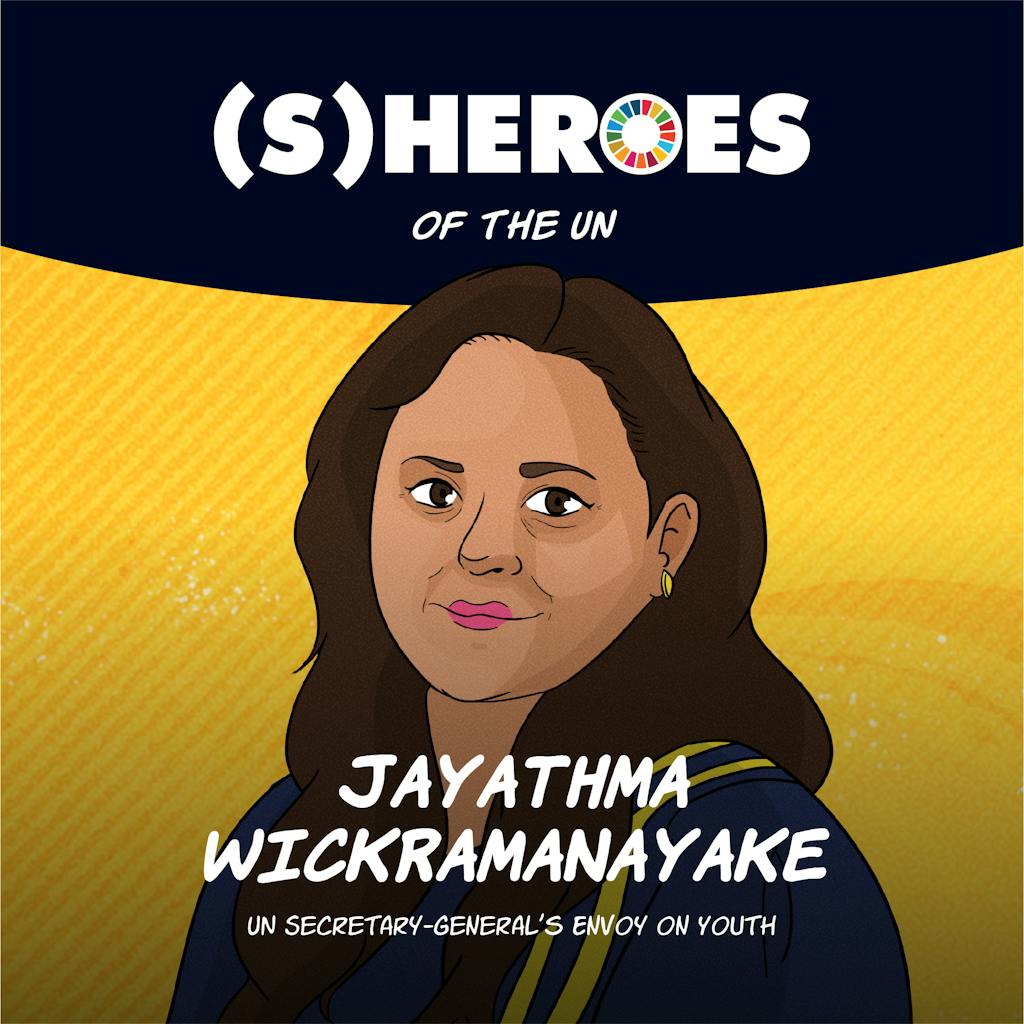
Jayathma Wickramanayake, UN Secretary-General’s Envoy on Youth
She is 28 years old and an advisor to the world’s top diplomat. As the UN Secretary-General’s Envoy on Youth, Jayathma Wickramanayake doesn’t let age stop her; in fact, she is an example of the power of young people to create change.
Wickramanayake has already accomplished a lot: helping launch the UN’s first-ever strategy on youth; co-founding “Hashtag Generation” to build the capacity of young people, especially young women, to participate in politics in her home country of Sri Lanka; serving as one of Sri Lanka’s first youth delegates to the UN; helping the UN establish World Youth Skills Day; and elevating the voice of youth in the Sustainable Development Goals.
As she travels the world, advocating for the inclusion of youth, she shows no signs of slowing down.
In her words:
“To all young women reading this, aspiring to be leaders, I want to say, believe in yourself and your power to change the world. Act now, speak up, and stand up for your rights and your ideas. Demand to have a seat at the table, don’t wait for an invitation. Support and encourage other young women around you to take action and advocate for their rights too. And if you ever feel let down, remember that a young woman, just like you, is in the United Nations, rooting for you.”
Follow her on Twitter at @UNYouthEnvoy.
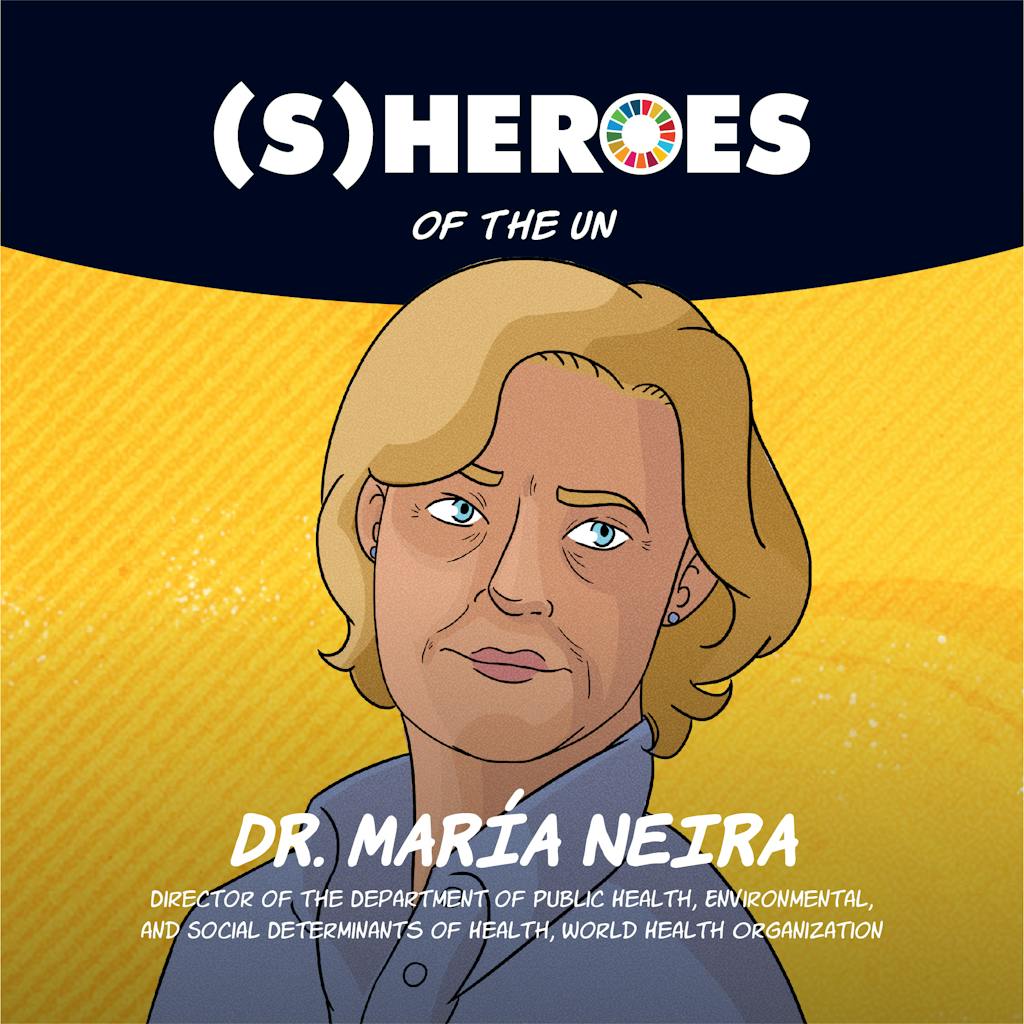
Dr. María Neira, Director of the Department of Public Health, Environmental, and Social Determinants of Health, World Health Organization
Dr. María Neira is no ordinary doctor: This public health practitioner has been named one of “the world’s 100 most influential people in climate policy.”
As the World Health Organization’s (WHO) leading voice on the intersection of health, the environment, and climate change since 2005, she has become a powerful advocate for climate action in order to protect human health.
Her work doesn’t stop there though. She is also a committed humanitarian who began her career with Doctors Without Borders, helping refugees in Central America. Dr. Neira has also provided public health advice to Rwanda and Mozambique, fought cholera with WHO, and served the government of her native country of Spain.
In her words:
“As health professionals, we have a duty to stop the impacts of climate change. While it may seem outside our scope of work, we are at the front line in caring for the health of current and future generations.”
Follow her on Twitter at @DrMariaNeira.
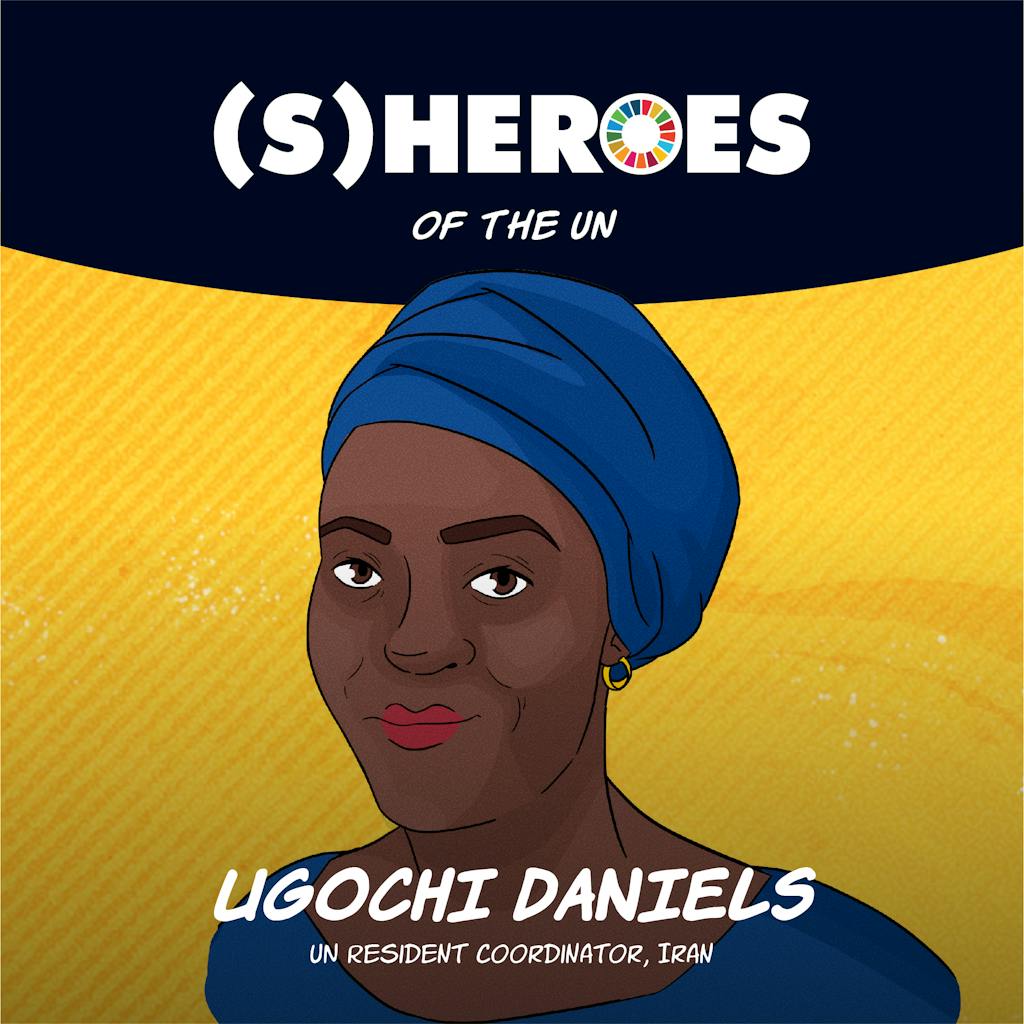
Ugochi Daniels, UN Resident Coordinator, Iran
She has championed one of the world’s most neglected issues: women’s health needs in humanitarian emergencies. As the former chief of UNFPA’s Humanitarian and Fragile Contexts Branch, Ugochi (Ugo) Daniels pushed for greater attention and resources to help more girls and women get the care they need and deserve: medical services for safe pregnancies, counseling for survivors of sexual violence, contraception, and basic dignity kits with items like sanitary napkins and soap.
For Daniels, her work is about more than statistics; it’s about people. She has met with Syrian refugees; pregnant women facing the perils of drought in Somalia; and survivors of sexual abuse in the Philippines.
She now serves as the UN Resident Coordinator in Iran, where she leads the UN country team in sustainable development and humanitarian efforts. Originally from Nigeria, she has also worked for the UN in Nepal and the Philippines.
In her words:
“[These girls and women] are more than statistics. They are more than survey results, they are more than debates… and therefore the time is now to make a real difference in their lives.”
Follow her on Twitter at @daniels_ugochi



 View All Blog Posts
View All Blog Posts